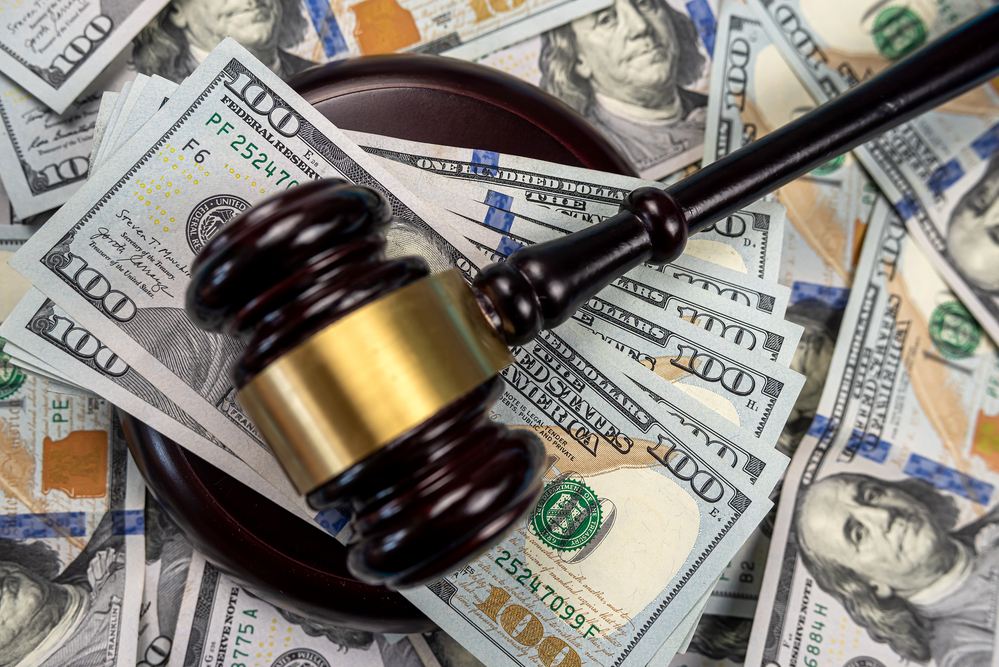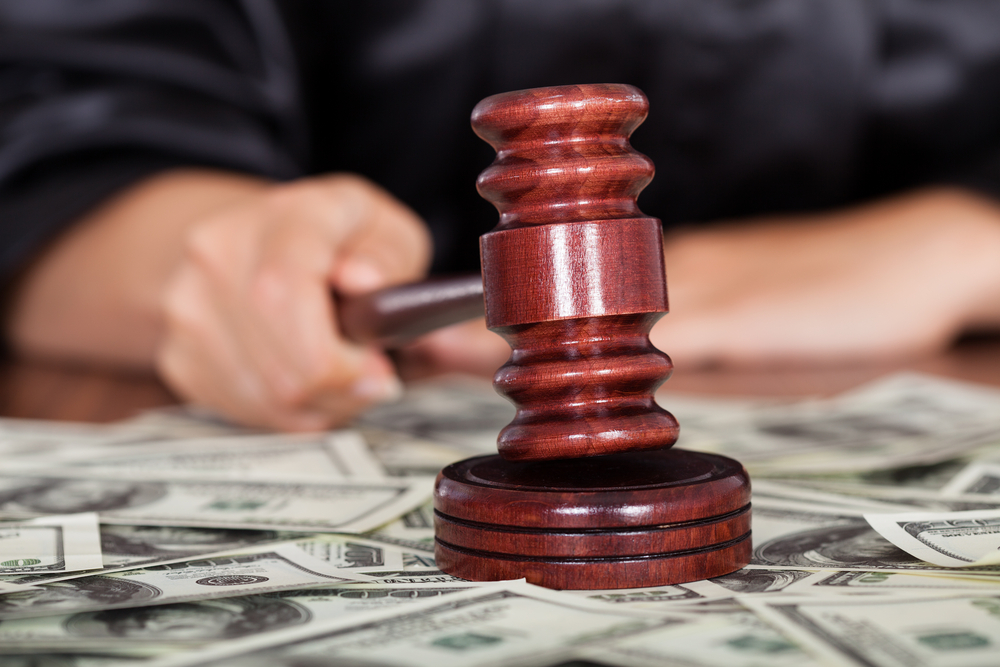Abilify and Gambling
Users of the antipsychotic medication Abilify might be eligible to receive money from a global settlement reached by the company this past February.
According to the court order, issued in mid-February 2019, all lawyers for plaintiffs in the cases will need to appear for a case management conference to resolve the lawsuits pending in federal courts throughout the country. Claims administrators have been appointed to the case and settlement deadlines have been set.
The terms of the settlement are private and will continue to remain so while lawyers review the information for their clients.
Bristol-Myers Squibb, the maker of Abilify, filed a motion the same day the order was issued asserting that the court ask any plaintiff who rejects the settlement to provide additional information certifying the claim had been reviewed in an appropriate manner.
Abilify Makers Did Not Properly Warn Patients of Side Effects
According to the lawsuits, drug makers failed to provide adequate warning to Abilify users concerning the drug’s serious side effects, among which included uncontrollable urges to gamble. Users also experienced a number of impulsive behaviors they claimed were linked to their use of the drug.
The global settlement came after three bellwether cases were resolved about six months prior during the summer of 2018.
A judge ordered the drug makers to come up with a plan for settling claims related to the drug’s side effects following the settlement of three lawsuits within the MDL for undisclosed amounts.
As of the decision to stay the remaining cases, there was limited scientific evidence concerning whether or not and how the drug would trigger compulsive behaviors and whether everyone using the drug would be at risk. Gathering data that would conclusively prove or disprove the claims would require clinic trials that would be “massive and resource-intensive.”
Abilify Users Experienced Intense Urges to Gamble While Using the Drug
Thousands of users of Abilify have claimed that their use of the drug caused out-of-character behavior that resulted in financial devastation.
One female user whose case was highlighted in Stat claimed she became a compulsive gambler “virtually overnight” after beginning use of the drug in December 2014 to treat anxiety and depression. She drained her family’s bank accounts and took out a loan for $50,000 within six months after she began taking the drug. Her gambling behaviors stopped the moment she was taken off the drug.
Gambling is not the only compulsive behavior linked to Abilify use.
Another woman whose story was shared in the Daily Beast claimed she developed a sex and shopping addiction during her time taking the drug. She described being obsessed with sexual fantasies and would send X-rated photos to people via text message. Her time on Abilify also included shopping sprees where she purchased cars and additions for her home. Her and her husband eventually had to file for bankruptcy.
Abilify received approval from the FDA in 2002 for treating bipolar disorder, Tourette’s disorder, and symptoms of autism. It’s also been used to treat depression and is often prescribed for off-label purposes, including treating eating disorders and anxiety.
The drug was a financial success for its makers, earning more than $51 billion in the United States and continue to have healthy sales even after a generic version was released in 2015 – something that rarely happens for brand name medications.
Reports of side effects linked to Abilify use began rolling in and by 2012, the European Medicines Agency required that Abilify be labeled with a special warning, noting the post-market reports of pathological gambling. Canadian regulators issued a similar requirement in 2015 and the FDA finally issued its own warning in 2016 – long after many Abilify user’s lives had been destroyed.
This is not the first time the makers of Abilify have come under fire for the drug. In 2007, the company paid out more than $515 million to settle federal charges related to illegal marketing of the drug for off-label uses. Doctors can legally prescribe medication for off-label use, but drug maker are not permitted to market the drug for those uses.
And in 2016, the company reached a $19.5 million settlement with 42 states and the District of Columbia, again over the illegal marketing of Abilify for pediatric use and for elderly patients with dementia. The company was also accused of downplaying the drug’s risks.
Notwithstanding claims relating to this product, the drug/medical device remains approved by the U.S. FDA.
News Tags
- urgent
Cited Research Article Sources
- https://www.thedailybeast.com/patients-say-abilify-turned-them-into-compulsive-gamblers-and-sex-addicts
- https://www.justice.gov/archive/opa/pr/2007/September/07_civ_782.html
- https://ag.ny.gov/press-release/ag-schneiderman-announces-195-million-multi-state-agreement-bristol-myers-squibb-end
Have you been affected by a drug or device listed?

You May Be Eligible for Compensation.
If you or a loved one suffered injury or death after using a drug or medical device, contact us today for a free case evaluation.
We value your privacy. By submitting this form, you agree to our privacy policy and disclaimer.


